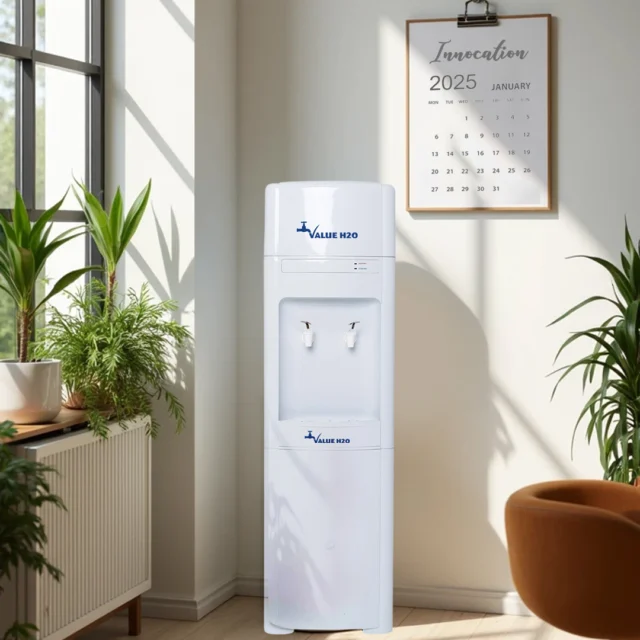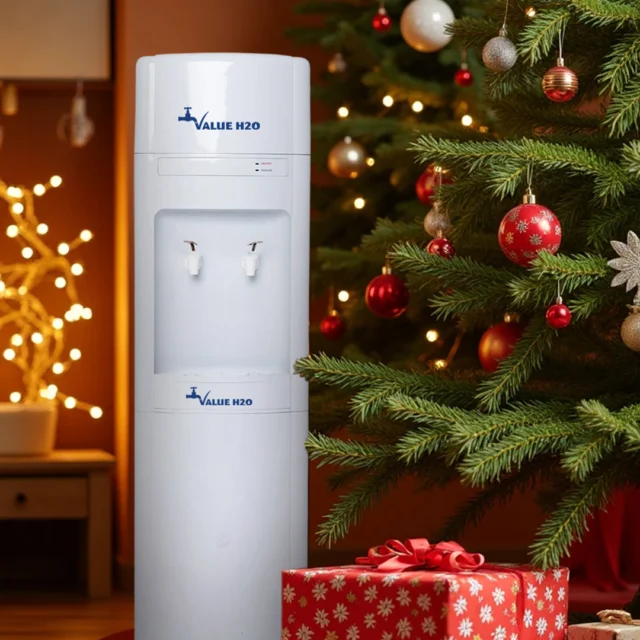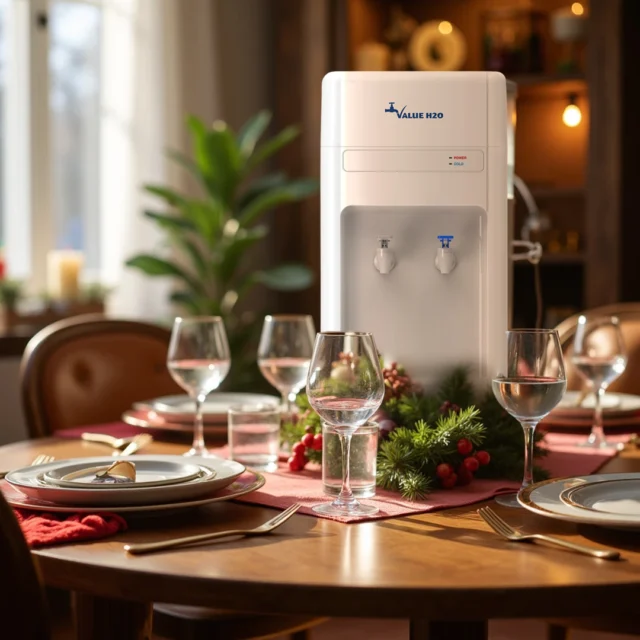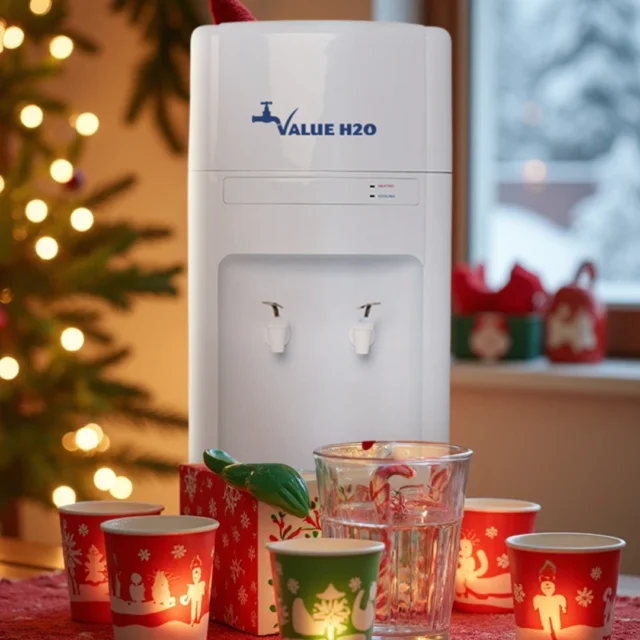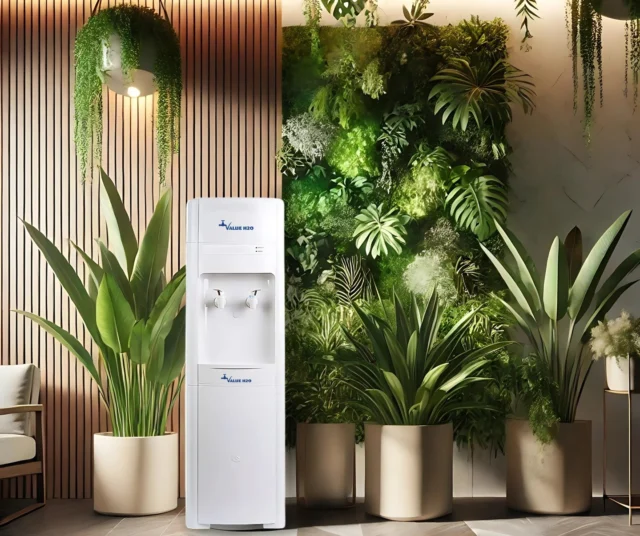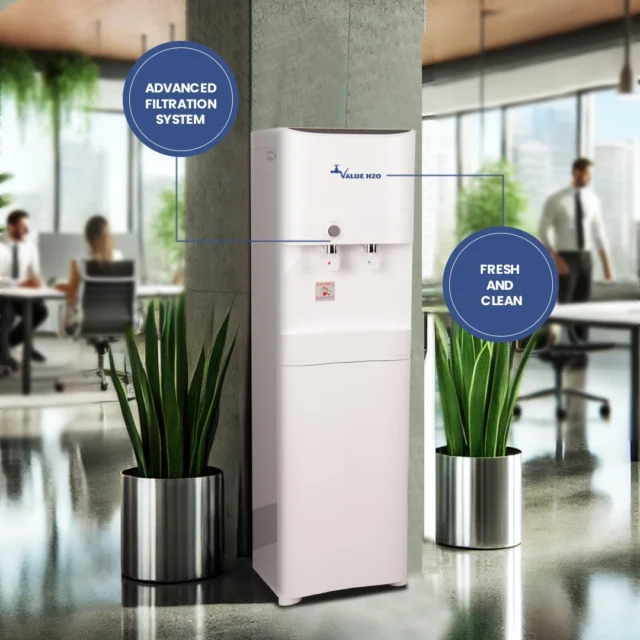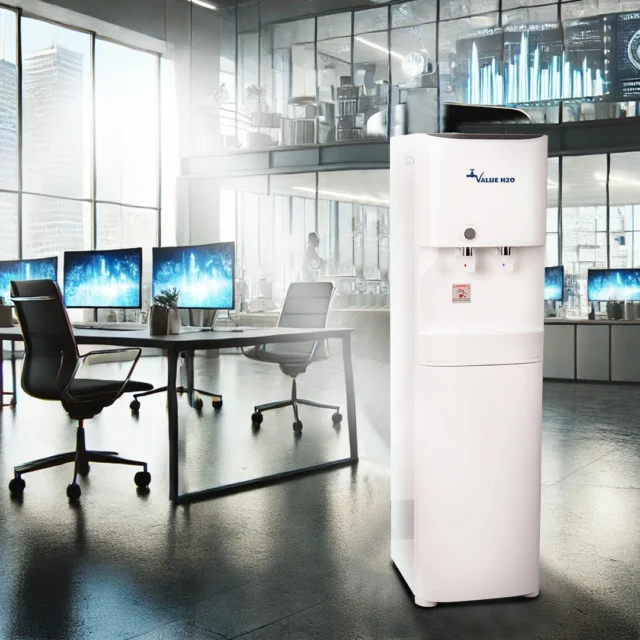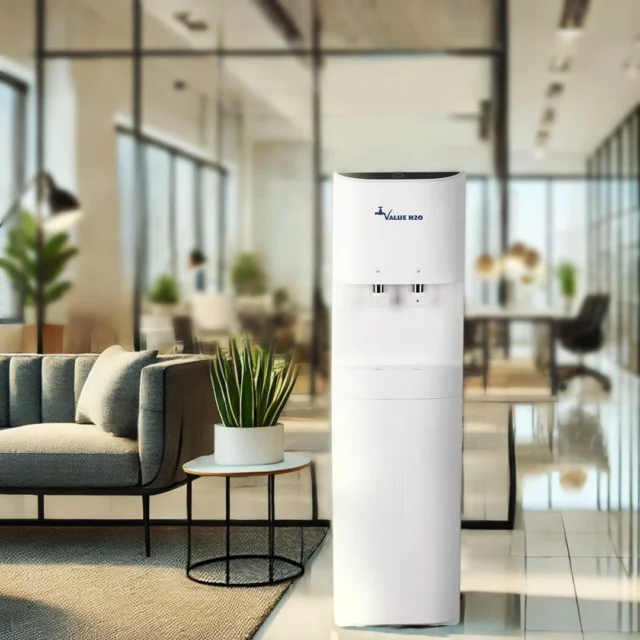Access to clean, safe water is a fundamental necessity for maintaining hydration, health, and overall well-being. While water itself is a renewable resource, the methods we use to access and consume it can have a significant environmental impact. From the infrastructure that delivers tap water to the materials and energy used in filtration systems, each choice we make affects the planet. The debate between tap water and filtered water goes beyond convenience and taste—environmental sustainability must also be a key consideration. By understanding the advantages and drawbacks of each option, households and businesses can make informed decisions that align with their values and environmental goals.
The Case for Tap Water
Tap water is one of the most accessible and cost-effective sources of hydration. In Australia, it undergoes rigorous treatment processes to meet safety standards, ensuring that it is safe to drink. However, tap water is not without its environmental footprint.
Environmental Benefits of Tap Water
- No Packaging Waste: Tap water eliminates the need for single-use plastic bottles, significantly reducing plastic pollution.
- Minimal Energy Use: Delivering tap water through existing infrastructure requires far less energy than producing and transporting bottled water.
- Wide Accessibility: With infrastructure already in place, tap water is readily available, reducing the need for additional resources.
Environmental Drawbacks of Tap Water
- Chlorine and Chemical Byproducts: The treatment process for tap water often involves chemicals like chlorine, which can leave residues and produce byproducts.
- Pipeline Maintenance: Aging water infrastructure can lead to leaks and water waste, contributing to inefficiencies.
The Role of Filtered Water
Filtered water is increasingly popular for its improved taste, odour, and perceived purity. Filtration systems remove impurities like chlorine, sediments, and heavy metals, making it a desirable option for many. However, the environmental impact depends on the filtration method used.
Environmental Benefits of Filtered Water
- Improved Quality Without Bottles: When paired with reusable bottles, filtered water offers a sustainable alternative to bottled water.
- Reduced Chlorine and Contaminants: Filtration removes impurities, reducing potential chemical exposure and improving water quality.
Environmental Drawbacks of Filtered Water
- Filter Waste: Used filters contribute to landfill waste, especially if they are not recyclable or biodegradable.
- Energy Consumption: Certain filtration systems, like reverse osmosis, can consume significant amounts of energy and water during the process.
Comparing the Environmental Impact
Plastic Waste
- Tap water produces no waste when consumed directly.
- Filtered water, when used with bottleless systems, drastically reduces plastic waste compared to bottled water but generates some waste through discarded filters.
Energy Use
- Tap water delivery uses minimal energy compared to the treatment and packaging of bottled water.
- Filtered water systems vary in energy use, with some requiring electricity for operation.
Resource Efficiency
- Tap water is a more resource-efficient option due to existing infrastructure.
- Filtered water systems introduce additional materials and components, which can increase their footprint over time.
Striking a Balance: Filtered Tap Water
The best of both worlds? Filtered tap water offers a balanced solution that combines the accessibility and minimal environmental impact of tap water with the improved taste and purity of filtration. This hybrid approach eliminates the need for single-use plastic bottles and provides a sustainable alternative for clean hydration. Bottleless water coolers, like those offered by Value H2O, are an excellent way to enjoy filtered water without creating additional waste or consuming excessive energy. By connecting directly to the mains water supply and utilising advanced filtration systems, these coolers provide a constant supply of high-quality water while keeping environmental impact to a minimum. It’s a solution that benefits individuals, businesses, and the planet alike.
How Value H2O Promotes Sustainable Hydration
At Value H2O, we understand the importance of combining sustainability with practicality. That’s why we offer a range of bottleless water coolers equipped with cutting-edge filtration technology. These systems ensure every drop of water is free from impurities, while their eco-friendly designs minimise plastic waste and energy usage. By eliminating the reliance on single-use plastics and reducing the carbon footprint associated with bottled water delivery, we help our customers make responsible hydration choices. Whether for homes or businesses, Value H2O is committed to providing solutions that support a healthier planet and meet the highest standards of quality and convenience.
Conclusion: Making the Sustainable Choice
When comparing the environmental impact of tap water and filtered water, the choice depends on individual priorities. Tap water is a low-impact, cost-effective option, while filtered water offers enhanced quality with a slightly higher footprint. By opting for solutions like filtered tap water through bottleless systems, you can enjoy the benefits of both while minimising environmental harm. Trust Value H2O to provide sustainable hydration solutions that prioritise your health and the planet.
FAQ Answered:
Is filtered water better for you than tap water?
Filtered water is often considered better than tap water because filtration removes impurities such as chlorine, sediments, and heavy metals. While tap water is treated to meet safety standards, filtration enhances its taste and purity, making it a preferred option for many.
Is filtered water better than tap water in Australia?
In Australia, tap water is generally safe and meets high regulatory standards. However, filtered water can offer additional benefits, such as improved taste and the removal of residual chemicals like chlorine. For individuals sensitive to taste or specific impurities, filtered water may be a better choice.
What are the disadvantages of filtered water?
Filtered water has a few potential drawbacks, including the cost of purchasing and maintaining filtration systems. Some systems, like reverse osmosis, may waste water during the filtration process. Additionally, used filters can contribute to landfill waste if not disposed of responsibly.
What is the healthiest drinking water?
The healthiest drinking water is clean, free from contaminants, and rich in essential minerals. In many cases, filtered tap water strikes the ideal balance by removing impurities while retaining beneficial minerals. Natural spring water is another excellent choice for those seeking a more natural option.
Is tap water good for you?
Yes, tap water in Australia is safe to drink and meets stringent health and safety standards. It contains essential minerals like calcium and magnesium, which are beneficial for health. However, some people prefer filtered water to improve taste or reduce chlorine levels.
What is the environmental impact of filtered water in Australia?
Filtered water systems, especially bottleless options, have a lower environmental impact compared to bottled water. However, they still generate some waste through used filters, which need to be replaced regularly. To minimise this impact, many companies, like Value H2O, offer sustainable filtration systems designed to reduce waste and energy consumption.
